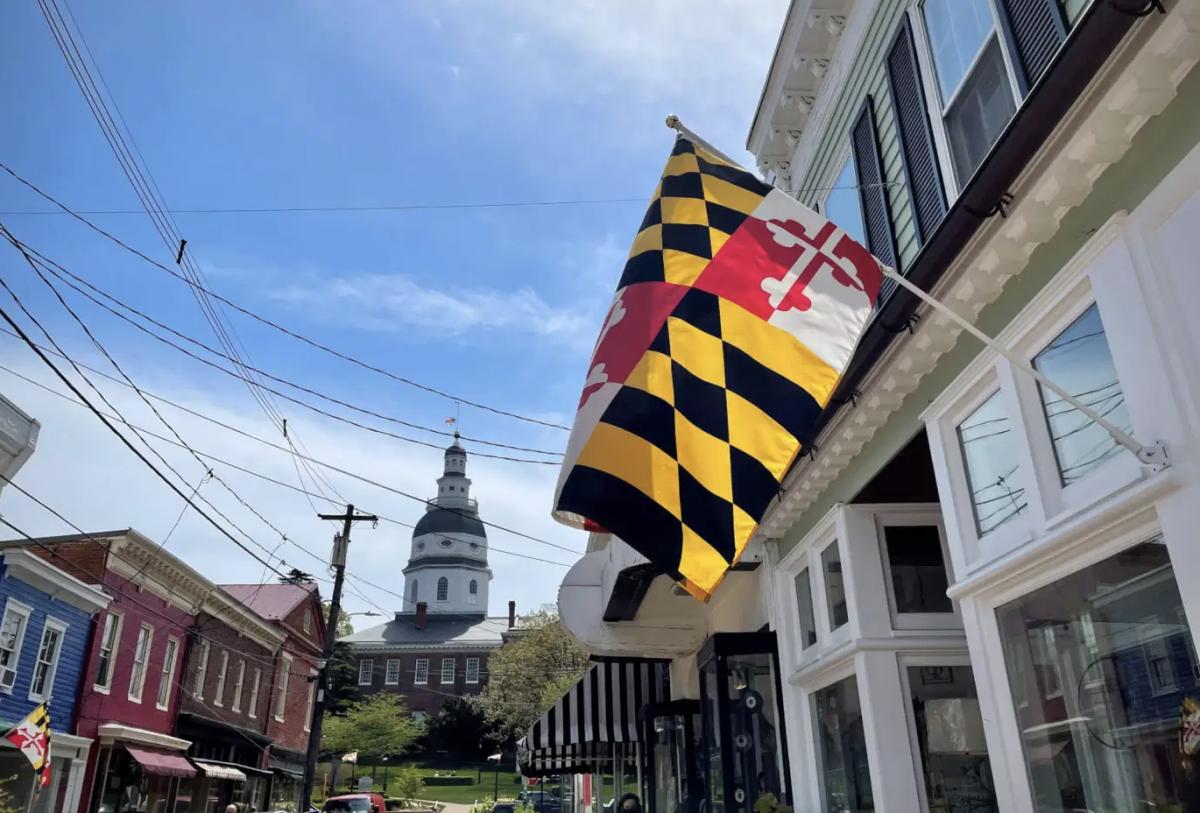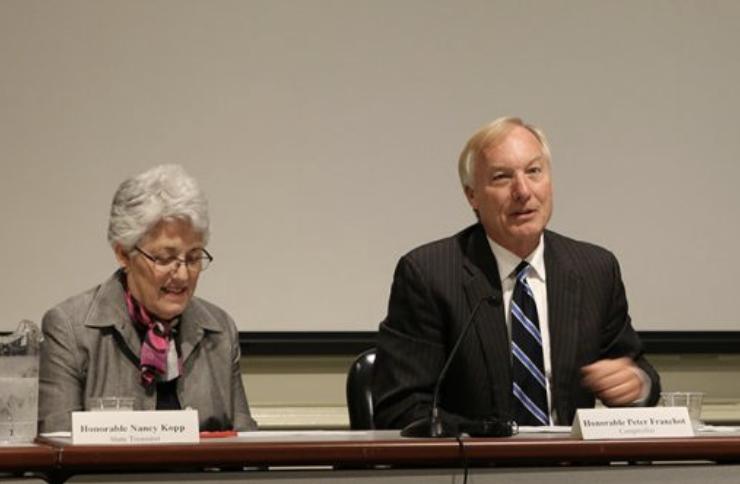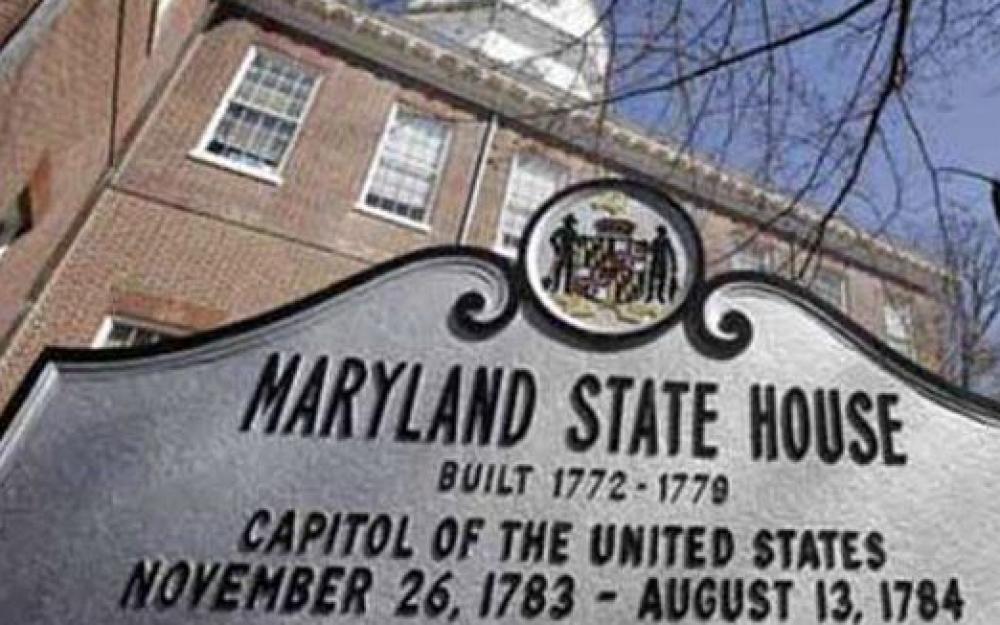Now that we have passed Sine Die, it’s time to start wrapping up the 2022 legislative session. You may be wondering what is Sine Die? It is Latin for “without a day”, but in the context of the Maryland General Assembly, it is the conclusion of the 90-day session. The body will reconvene in the future, the second Wednesday of January, unless there is a call for a special session.
The first bill I’d like to cover is HB1448 – Concurrent Civil Jurisdiction – Violation of Ordinances. It is a bill that is incredibly important to our counties and came about because of an ongoing case right out of Talbot County. A brief history takes us all the way back to 2006 when an owner of an unimproved property began clearing trees, after he had been told not to do so. This was in direct violation of our critical area laws. Abatement orders included civil penalties until the property was restored. The owner didn’t complete the mitigation until 2015 – nine years later!
In 2017, he appealed that he shouldn’t have to pay the county any fines. Over the next five years, the case went through our local Board of Appeals and through the Circuit Court, Court of Special Appeals and finally the Court of Appeals. At every juncture, he was found in violation and the imposition of fines was found correct. However, in 2021, the court issued a decision that said, “under State law, only the courts have the authority to decide such matters and not the local jurisdiction.” The court also stated that any section of the County Code, granting a right of appeal is in conflict with State law and is invalid and unenforceable.
After 15 years of litigation at enormous legal cost to the county, we were not able to impose and collect a fine for egregious violations of our environmental laws. As soon as the county learned of the court ruling last summer, I knew this was a problem far larger than just Talbot County. Immediately, I took the issue to MACo and they started work researching what impact this could have statewide.
This bill, seemingly innocuous by its title fixes an issue that impacts every county that has established a local review process of our ordinances and civil penalties. Without this authority, people can violate our local laws with no consequences! I am happy to report that HB1448 passed without opposition out of both judicial committees and unanimously out of the House and the Senate! But it sure took a lot of leg work. The MACo staff, along with the Baltimore City sponsor and the help of our county attorney, working together, we were able to accomplish something quite meaningful. It didn’t matter, big county, small county, rural or urban, it was recognized as good policy, and we don’t always get to experience that during the legislative session. That is what MACo is all about.
Following up on one of MACo’s legislative initiatives, HB44 / SB295 – Emergency Transport Reimbursement, I also have great news to report. Since passing the Senate unanimously a few weeks ago, it moved to the house and with some amendments on the last day of session, with Senate concurrence, it also passed the House unanimously! County EMS will now be reimbursed for not only transport to an Emergency Department, but also to an urgent care facility or other appropriate location. Additionally, we will be reimbursed when our Paramedics and EMTs treat on site and also when we provide mobile integrated health, which is when we deliver care to patients in their home proactively, before there is an emergency situation and they have to call 911.
Highway User Revenues, HB1187 / SB726 did pass, but heavily amended. MACo has been advocating on this issue for over a decade and while we are grateful for any increase, we are disappointed in the percentage of our restoration. Our full funding amount used to be 15.3%, we are currently at 3.2%. The final number where we land is 4.8%, still less than a third of what we used to receive, and it will take three years to get there. The municipalities came out well and will actually receive far more than their full restoration formula. In future years, I anticipate that MACo will continue to lobby for closer to our full restoration amount that should have been received. However, there may be an opportunity to ask for additional IIJA (Infrastructure Investment and Jobs Act) dollars to supplement and leverage additional funding that is available to fill some of the gap.
In the time since the Senate went back to in person hearings, there have been many opportunities to network in person, which can make all the difference in the world in getting legislation moved forward, changed or if necessary, killed. In the past six weeks, relationships have solidified again, and trust has been built. MACo was able to hold our legislative reception, normally done in January, on March 23rd. This was perfect, because it was near enough to the end of session, to really get things accomplished. Through those personal interactions, the county elected officials had our first opportunity to talk one-on-one with the legislators in almost two years. We could explain the true local impact of State decisions.
And for the first time since 2019 on Sine Die, there were many receptions, and everyone was able to come out and mingle with each other and applaud all the good work that got done.
Laura Everngam-Price is the President of the Executive Board of Directors of Maryland Association of Counties, former chair and current member of Budget and Tax, member of MACo’s Initiative subcommittee, Talbot’s legislative liaison and member of the Talbot County Council.







